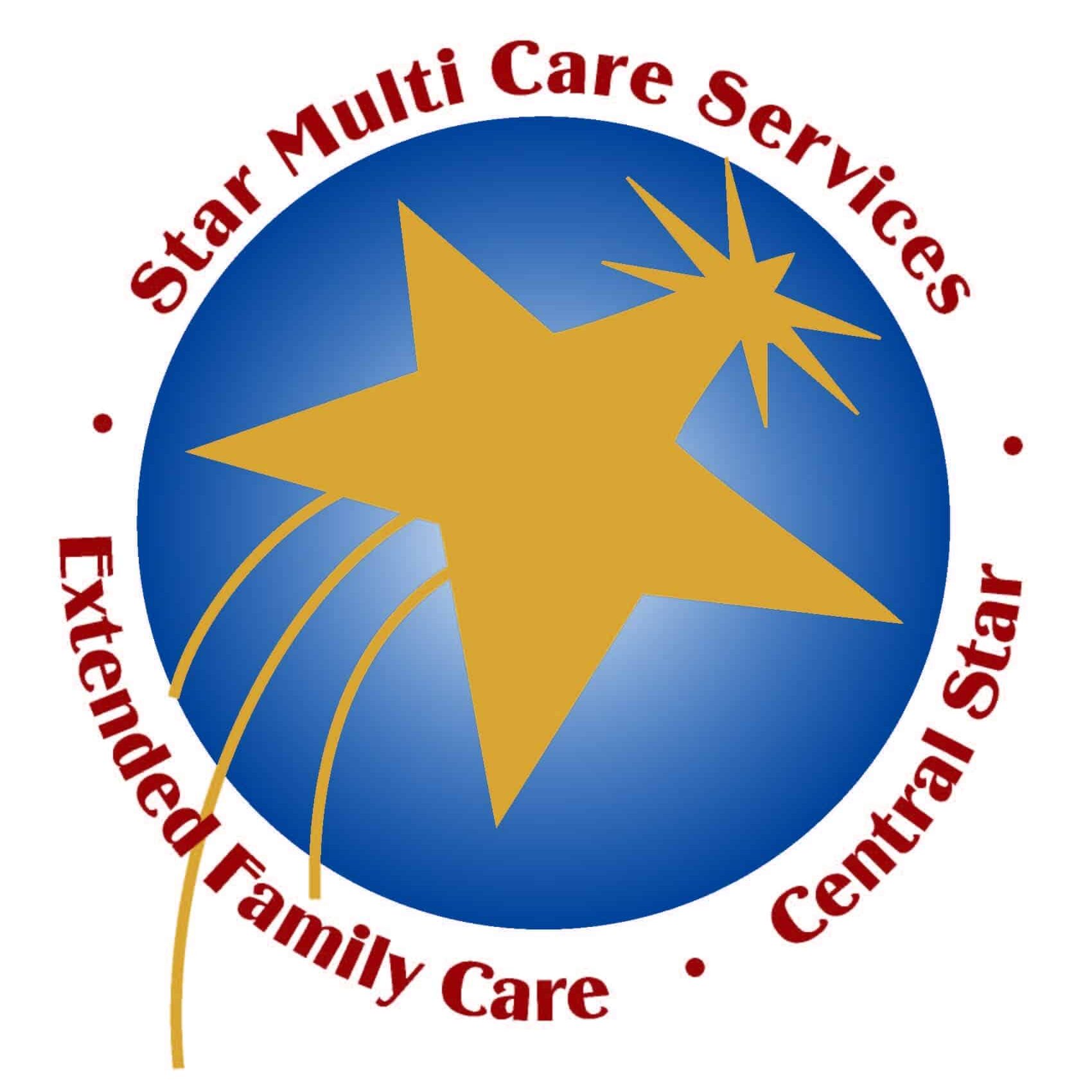A basic concept in healthcare is informed consent, which gives people the power to make smart choices about their medical care. This idea is important for people of all ages, but it’s especially important for seniors. Seniors often have special healthcare needs, making it essential for them to understand and follow the informed consent process. Client advocacy services can assist in this matter.
This blog post talks about why informed consent is important for seniors, the problems they might face, and how seniors can be well-informed and involved in their healthcare choices with client advocacy services.
Why Is Informed Consent Important?

Not only is informed consent required by law, but it is also an important part of a patient’s right to be treated with respect. All patients, including seniors, have the right to be involved in making choices about their care. With client advocacy services by their side, seniors can give informed consent after being told about their health situation, the treatment or procedure that is being considered, any possible risks and benefits, and other choices they may have.
What Problems Do Seniors Face?
While each situation is different, the following are a few of the issues that seniors may face:
Complex Medical Information: Many seniors have complicated medical problems with complicated treatment plans and terms they don’t understand. It can be hard to process this kind of information, so healthcare workers and the home care team need to talk in a way that is clear and easy to understand.
Cognitive Impairment: As seniors age, their cognitive functioning might get worse. Alzheimer’s disease or dementia can make it hard for them to fully understand and remember complicated medical information. This makes it even more important for healthcare professionals to change how they talk to patients to fit the situation.
Dependence on Caregivers: Many seniors depend on family members or client advocacy services to help them make decisions about their health care. Their help ensures that seniors are involved in the informed consent process and that their values and preferences are honored.
How to Make Sure Seniors Give Informed Consent
When talking about diagnoses, treatments, and possible results, the support team should use simple language and stay away from medical jargon. It is very important to encourage seniors to ask questions and get more information about any worries they may have.
It’s equally important to give seniors the time they need to understand their condition, consider their options, and decide what to do. This requires patience and understanding from the entire team. If necessary, visual aids like diagrams and charts can be used.
While it’s important to include family members, it’s also important to make sure seniors have the final say in what happens. During the informed consent process, someone on the support team should write down what information was given, what questions were asked, and any choices that were made. This paperwork is not only a formal record, but it also makes sure that care stays consistent.
Seniors can be involved in making decisions about their health care through a process called “informed consent.” With client advocacy services, it’s possible to improve the quality of care and protect seniors’ independence by addressing the unique problems they face. In turn, seniors can benefit from knowing more about their health and feeling more confident about the decisions they make about their health.
Sources: https://www.healthinaging.org/age-friendly-healthcare-you/care-what-matters-most/informed-consent
https://pubmed.ncbi.nlm.nih.gov/9560079/
If you or an aging loved one are considering Client Advocacy Services in Nassau County NY, please get in touch with the caring staff at Star Multi Care today. Call (631) 424-7827
Star Multi Care is a Trusted Home Care Agency serving Long Island and in NYC including Dix Hills, Floral Park, Great Neck, Huntington, Manhasset, Massapequa, Northport, Plainview, Rockville Center, Stonybrook, Suffolk County, Nassau County, and Queens County.
- Help Your Senior Welcome Back the Birds of Spring - March 26, 2025
- Honoring Our Team: Birthdays, Anniversaries, and New Additions! - March 25, 2025
- Recognition of Employees for March - March 21, 2025

